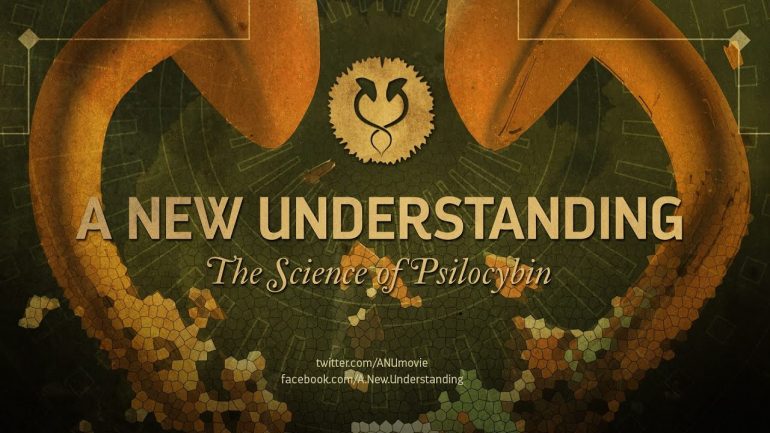In 1943 chemist Albert Hofmann was developing medicines to aid blood circulation lysergic acid derivatives, his reach would lead to the discovery of the drug known as LSD and the isolation of other psychoactive compounds such as psilocybin. These breakthroughs showed great promise for use in therapy and were commonly prescribed by psychiatrists. However, the medicines would later be caught in a dragnet of 60’s drug prohibition.
In 1968 domestic scientific research into the use of these unique psychoactive compounds would be dealt a harsh blow. The US Congress established a classification system that would define certain drugs as Schedule One or having no medicinal value and high addiction potential. LSD, psilocybin, and other medicinal compounds were unfairly grouped in this category despite there being evidence that they were non-addictive and part of legitimate psychotherapy research.
A New Understanding: The Science of Psilocybin is a film that sets out to explore the treatment of end-of-life anxiety in terminally ill cancer patients using some of the psychoactive compounds mentioned above. Particularly psilocybin which can be found naturally in some mushrooms. The nature of this treatment is to facilitate deeply spiritual experiences to those who are closest to death in an effort to bring a little closure.





A very well told and heart felt story of hope
This is not good therapy… it is encouraging people to find something in delusion, there is no God, no afterlife and no spiritual realm…
How are these feelings any different to those experienced by those who give up their faculties to religion ? Science, on the whole, discards religious experiences and further, sees them as evidence of conditioned responses to indoctrination and a lack of critical and truthful, evaluation of reality.
To willfully subject people to undergo the gaining of insights that science knows to be, at the very least troubling, seems to be unethical.
If I as patient see God as a result of my treatment and that experience gives me some form of comfort, fine, but if I as the deliverer of the treatment know that such a belief is false and has only been created by the administering of a drug, then I am as guilty of creating false beliefs as is anyone who tries to indoctrinate anyone into anything be it religious belief, cult adherence, or terrorist acts of violence…
Psychedelic substances are interesting and may have a clinical value in treating certain disorders, but the approach here seems to be, let’s just see what happens and validate subjective positives… this approach could lead to long term harm for certain individuals, it is at best, a blinkered and wishful thinking method to science and should be called out as such…
Dude just shut up you clearly don’t know what you’re talking about.
Just shut up dude.
Martin, what are your qualifications that you can make these statements? Have you personally been involved with any studies? How do you know that a belief is “false”? No spiritual realm? Really? Because you haven’t experienced it yourself, it doesn’t exist? I have never been to London, but there is no doubt in my mind it exists. I would suggest you read a book called “Path of the Masters” by Julian Johnson. The author tells of things he didn’t believe until he saw them for himself. That is the whole point of the book. Don’t believe anything just because someone says so, experience it for yourself, then you KNOW it is so.
don’t feed the troll.